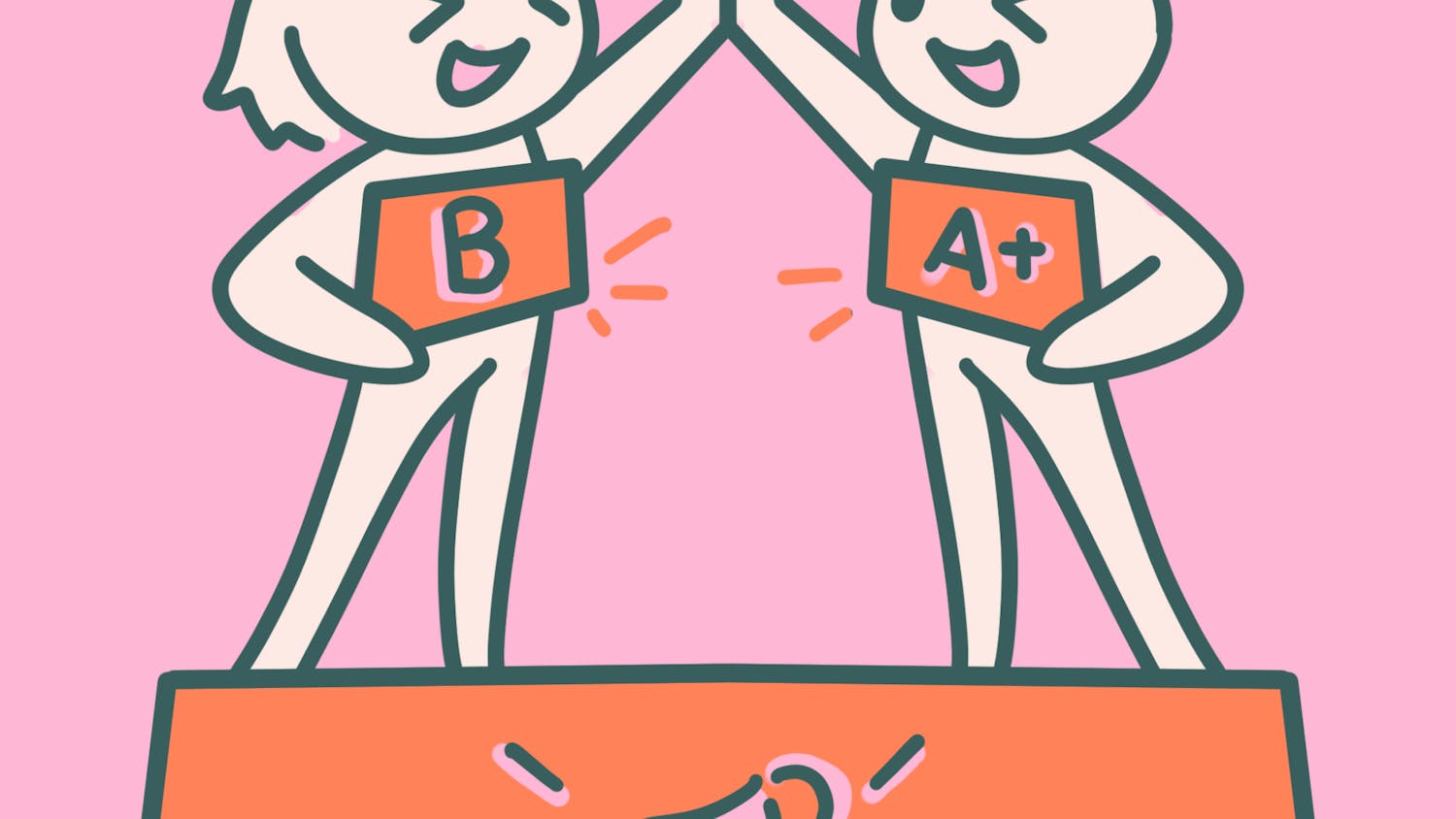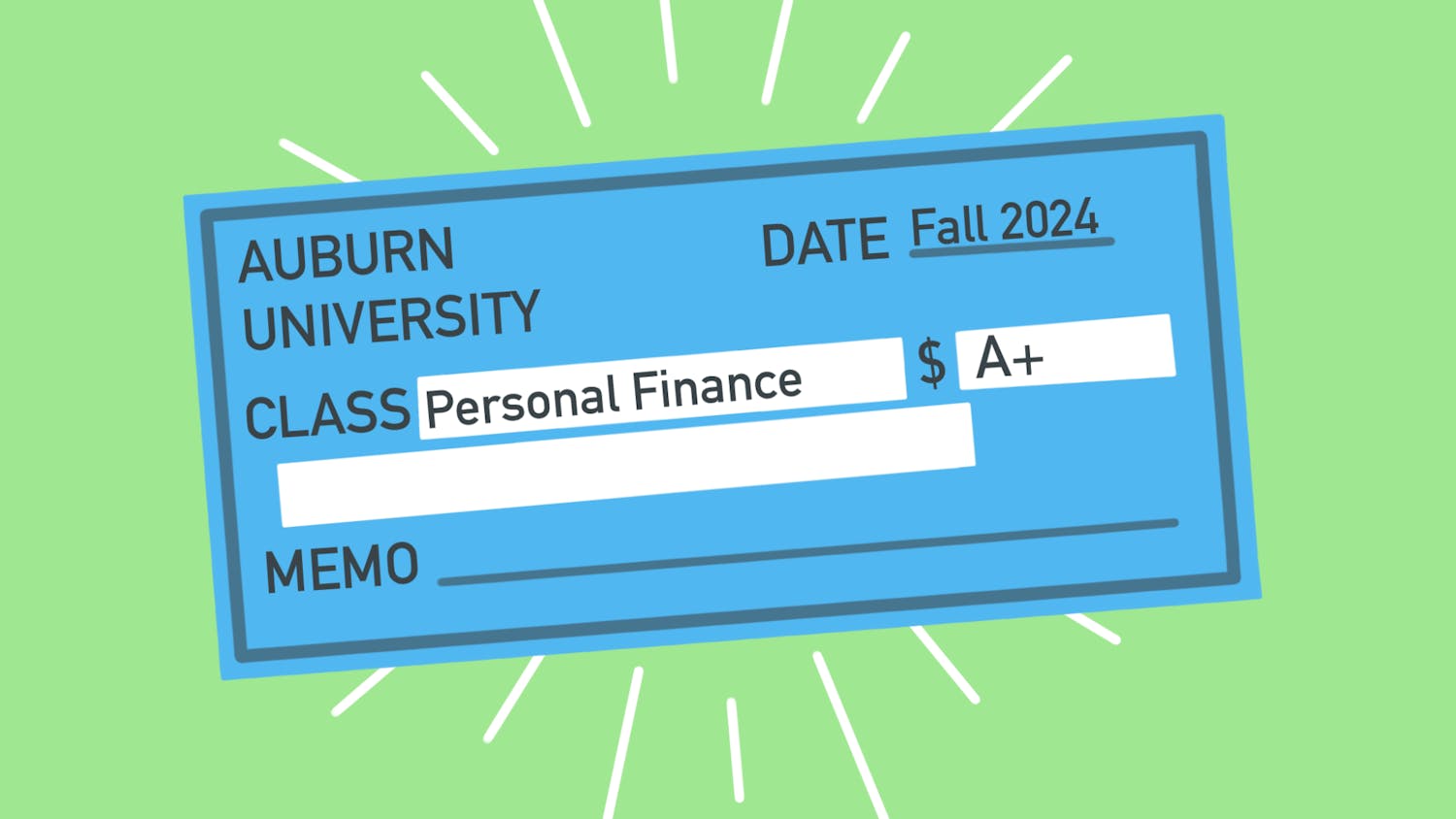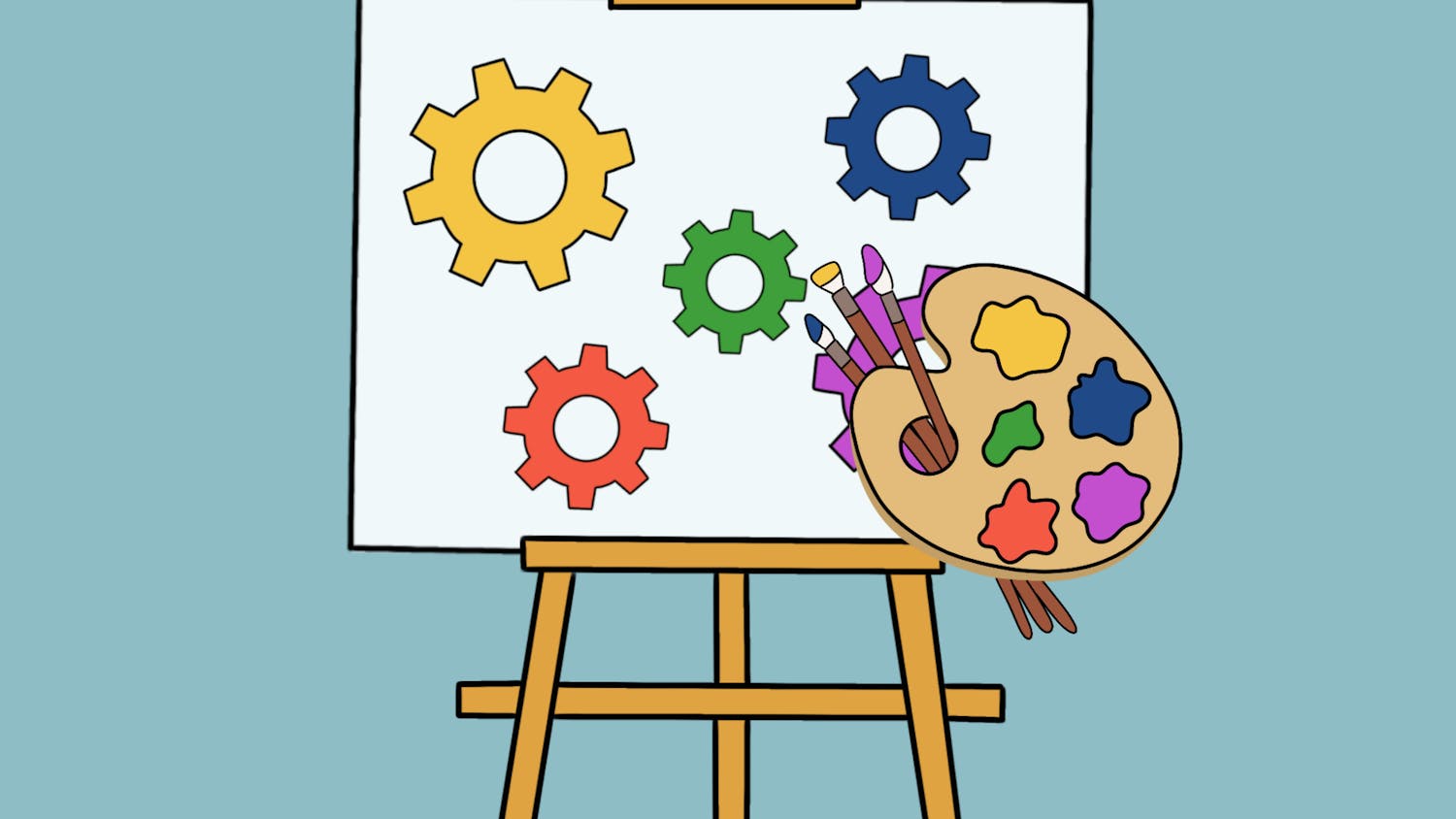As church and gym doors shut at 7 p.m. in towns all across Iowa, from Sioux City to Davenport, Iowan voters braved freezing temperatures and an impending blizzard to do their democratic duty, and every single one of them mattered.
The Republican Party caucuses broke their previous record by a long shot. In 2012, about 120,000 voters cast ballots for their respective Republican candidates. 2015 shattered that record by more than 60,000, with 180,000 Hawkeye Republicans voting. The results were some of the most evenly spread in history. Texas Sen. Ted Cruz took home 28 percent of the vote, Donald Trump took 24 percent and Florida Sen. Marco Rubio took 23 percent. Cruz was awarded eight national delegates, and both Trump and Rubio were awarded seven.
The Democratic caucuses had massive turnout as well, but did not break the record set in 2008. Results were much, much closer — literally the closest in history. Nearly 1,400 county delegates were awarded by precinct to determine the winner.
Former Secretary of State Hillary Clinton took 701 county delegates, or 49.8 percent, and Vermont Sen. Bernie Sanders fell slightly behind by four, totaling in at 697 delegates, or 48.6 percent.
The winners of dozens of delegates across the state were determined in many of the 1,683 voting precincts by only one or two votes, and in many cases, the flip of a coin after an exact tie.
Yes, a couple dozen voters almost assuredly determined the outcome of the Democratic caucuses, and resultantly the direction of the entire race for the White House. Monday night again proved there is no excuse for not caring about politics and absolutely no excuse for not voting. Many people claim politics is repulsing, that it makes them feel dirty because of lying politicians and corrupt institutions. That argument is counterproductive, and it flies in the face of the principles upon which our country was founded.
Yes, big money rules our government. Yes, most of us have no representation. And yes, the system is rigged against the average American. However, the more we fail to hold our elected representatives accountable, the more likely they are to become corrupt and the less likely they are to represent our interests. Congress has a nearly unanimous disapproval rating, but most of the country has no right to complain, considering 63 percent of eligible voters chose not to vote.
Fewer than 37 percent of eligible voters in 2014 chose the 435 men and women who are currently representing us in Washington, D.C. 2014 voter turnout for the midterm elections followed an increasingly negative trend, and they were the lowest since World War II.
So no wonder they don’t care about what we think. No wonder they don’t respond to our letters. No wonder they make intentional decisions that undermine the average American. Why should they care what we think when they can bet, and they would probably be right, that we aren’t going to vote them out anyway. The American people have a duty and an obligation to vote. Otherwise, the universal suffrage fought for by Susan B. Anthony, Rosa Parks and Martin Luther King Jr. has absolutely no meaning.
Charles Montesquieu once said, “The tyranny of a prince in an oligarchy is not so dangerous to the public welfare as the apathy of a citizen in a democracy.” His words still ring true today. The lack of political consciousness is not solely because our political system is morally bankrupt. I agree that it plays a role. It’s a vicious cycle. Votes are easy to buy these days, and there’s plenty of money out there to fund those acquisitions. But one man, one vote is still the law of the land when we head to the ballot box.
If we educate ourselves and vote, Charles and David Koch, Shelden Adelson, George Soros, Time Warner, Citigroup and Lehman Brothers will not be able to buy our elections.
Chip Brownlee can be reached at community@ThePlainsman.com
Do you like this story? The Plainsman doesn't accept money from tuition or student fees, and we don't charge a subscription fee. But you can donate to support The Plainsman.



